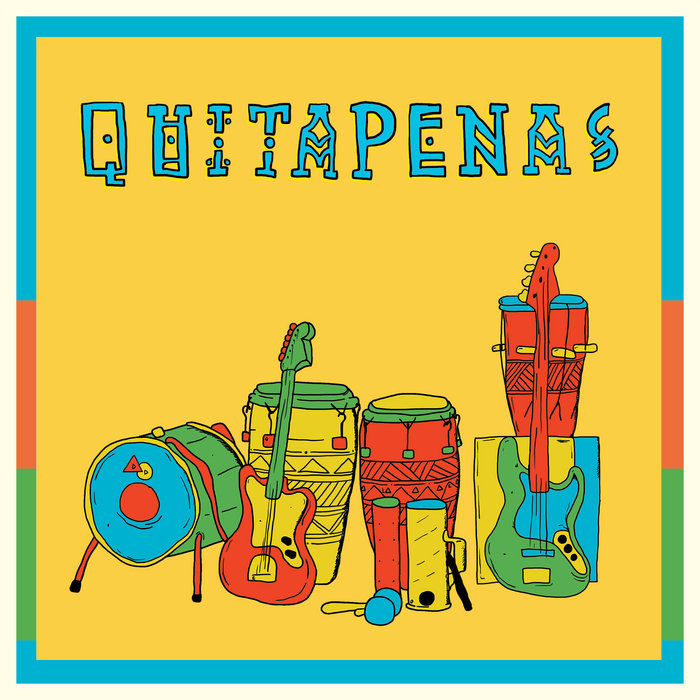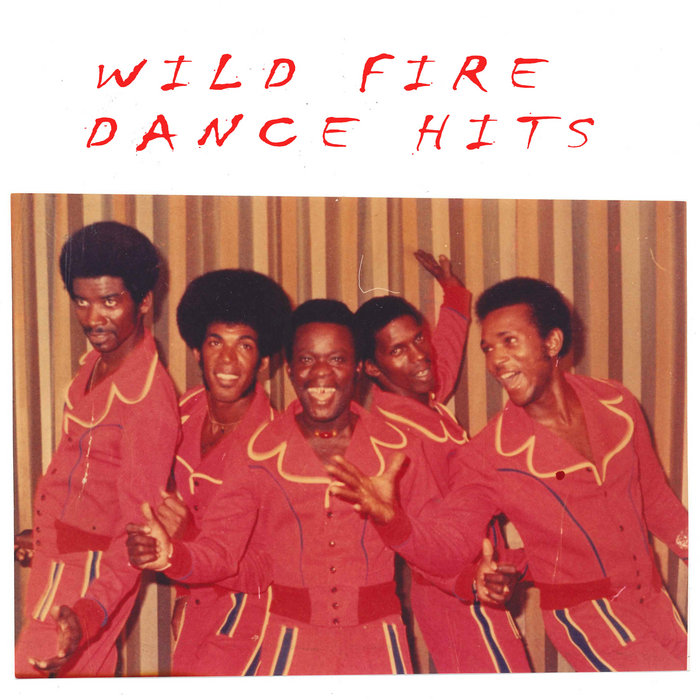
Ya Veran – QUITAPENAS
this blog is GROOVY – check out great Soul, Funk, Jazz, Hip Hop, Bass, Breaks , Reggae, House n many more TUNES
Ah, the sweet sounds of Afro-Caribbean music! It’s a dazzling fusion of rhythm, culture, and pure joy that has danced its way around the globe. Let’s groove through its colorful history and sprinkle in some funny facts about the musicians who brought these vibes to life!
Afro-Caribbean music is like a delicious stew—full of spices from Africa, Europe, and the Caribbean islands. Its roots can be traced back to African musical traditions brought over by enslaved people during the transatlantic slave trade. These incredible folks carried their rhythms, chants, and instruments across oceans.
Two key players in this vibrant genre are Jamaica and Cuba. In Jamaica, reggae blossomed out of ska and rocksteady during the 1960s thanks to legends like Bob Marley. Meanwhile, Cuban son opened doors for salsa—a genre bursting with energy that made everyone want to get up and dance.
Funny Fact: Did you know Bob Marley once tried his hand at being a welder? He quickly realized he preferred strumming his guitar under palm trees instead!
One moment you’re swaying your hips to calypso music from Trinidad; next thing you know, you’re stepping lively with some soca tunes! Afro-Caribbean music isn’t just one sound; it’s a blend that’ll make your heart race.
Each style has its own flavor but stays connected through those irresistible beats!
Funny Fact: During Carnival in Trinidad and Tobago, people dress up in wild costumes—but there’s always someone who shows up dressed as “the last minute.” You know—a plain T-shirt with “I love Soca!” written on it!
What’s an Afro-Caribbean tune without some funky instruments? From drums that echo ancestral spirits to brass sections blasting joyful notes:
Drummers have been known to improvise wild solos that will leave you laughing or dancing (or both!). One time at a festival in Mexico City—the drummers started playing tango amidst reggae—and the crowd went bonkers trying to keep up!
Funny Fact: Many steel pan enthusiasts believe if you don’t play ‘Pan’, then you’ve got no ‘Pan’ache! Talk about puns hitting hard!
As Afro-Caribbean sounds spread beyond their islands—artists began mixing genres left and right! Reggae made waves globally influencing rock stars like Eric Clapton while salsa became synonymous with Latin dance floors worldwide.
Collaboration reigns supreme too; artists fuse everything—from hip-hop beats layered over classic calypso tracks—to folk melodies meeting bachata vibes!
Funny Fact: Ever heard of “reggaetón pizza”? It refers to when two musicians called ‘Pasta’ (because he loved Italian food) teamed up with DJ Roni—it resulted not only into fire beats but also quite literally a cooking session between jam sessions where each artist had culinary skills worth writing home about!.
Fast forward into today’s world—what does Afro-Caribbean look like? Well my friend—it thrives online through platforms like Spotify or YouTube where new talents showcase their creativity daily while keeping tradition alive!.
Artists such as Sean Paul continue bridging cultural gaps—all while bumping playlists everywhere from house parties down south straight into festivals across Europe!. And let us not forget Bad Bunny bringing trap influenced reggaetón onto mainstream radio – turning clubs red hot all around town!.
The young guns aren’t just following old footsteps—they’re making new ones too!. Beach parties packed wall-to-wall need nothing more than killer DJs who throw together spicy mixes blending these fabulous styles leaving listeners giddy reeling back for another round again…and again…
Funny Fact: Bad Bunny’s concerts sometimes turn competitive among fans competing by throwing inflatable animals onto stage…it leads him prompting spontaneous animal parades mid-performance—which kicks-off true island vibes indeed!.
So there we have it—the journey through Afro-Caribbean music shows how rich diversity creates beautiful harmonies interlaced within laughter-filled stories behind creative minds shaping our playlists still today!. As we continue exploring different genres remember every note played carries tales told illuminating cultures bridging divides uniting souls through grooves—we’ve come full circle meeting under kaleidoscopic skies reflecting our common humanity via these vibrant rhythms..
Let’s keep celebrating this infectious vibe wherever life takes us because after all…music makes our hearts dance regardless —even if we can’t find our left foot coordination sometimes!…Keep jamming on!.

Ya Veran – QUITAPENAS

A Little More Love – Wild Fire